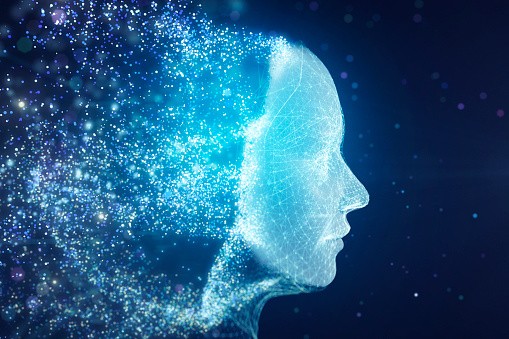Artificial intelligence scares a lot of people. But maybe this news should change your mind in a jiffy.

BBC recently reported on a new artificial intelligence breakthrough, which could lead to the potential development of cures for many diseases, including some of the deadliest ones known to man.
The feat was achieved by making AI predict the structures of almost every protein produced by the human body. A total of 350,000 protein structures have finally been predicted using an artificial intelligence program called DeepMind, which was implemented by a European Molecular Biology Laboratory team. The results of their study were published in the journal Nature.
While this may not sound inherently amazing, do note that until DeepMind's breakthrough, a mere 17% of all the proteins expressed by the human genome have been decoded, writes Fortune. With the artificial intelligence program, the researchers expressed good levels of confidence in the findings.
With this news, artificial intelligence programs have been increasingly popular in applying them to the healthcare field. It also proves that AI can do way more positive things, despite its rather unflattering reputation courtesy of popular media.
Artificial Intelligence Was The Only Way
Say what you want about the various dangers of AI, but its potential in medicine can't be understated. This recent breakthrough is more than enough proof.
Without the DeepMind program, the researchers would've taken ages to predict the structures of all the 350,000 proteins. According to University of Portsmouth Prof. John McGeehan (a structural biologist and member of the research team), it would've taken them as much as six months on a single structure. The artificial intelligence program was able to do all of that in mere minutes.
With the results of their research, Prof. McGeehan's group is now pushing for the development of more potent medicines and enzymes that can degrade plastic faster. Considering that plastic waste accounts for much of the world's waste, this could be a massive game-changer.
AI And Its Potential for Medicine
But of course, this isn't the first major news concerning AI's potential in aiding medical research. Last year, a partnership between Intel and Penn Medicine was established to develop an artificial intelligence suite capable of detecting brain tumors. Their plan is to make the program "learn" using all the current data on brain tumors, all without sacrificing patient confidentiality.
Should this project succeed, it will join a few other AIs that have successfully diagnosed skin, breast, and lung cancers.

What's Next?
For now, there are massive plans in store for DeepMind AI. According to its co-founder and chief executive, Dr. Demis Hassabis, they plan to expand the program's coverage to literally all of the sequenced proteins known to science. That's almost 100 million structures. But with the inherent power of artificial intelligence technology, there's no doubt that it could be possible.
Maybe a machine will finally discover the cure for cancer in the future? One can hope.
This article is owned by Tech Times
Written by RJ Pierce

![Apple Watch Series 10 [GPS 42mm]](https://d.techtimes.com/en/full/453899/apple-watch-series-10-gps-42mm.jpg?w=184&h=103&f=9fb3c2ea2db928c663d1d2eadbcb3e52)


